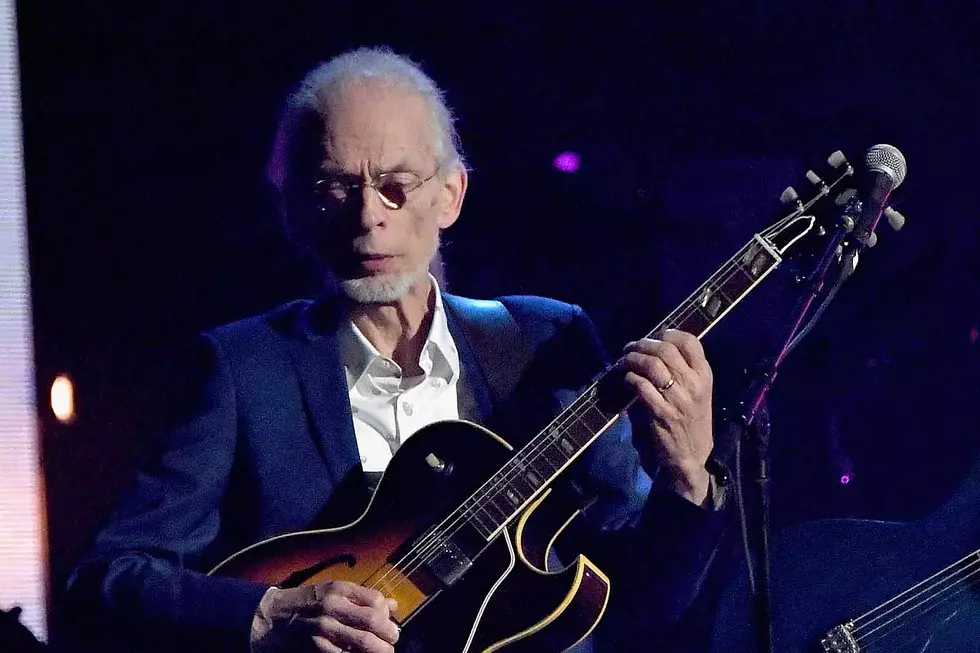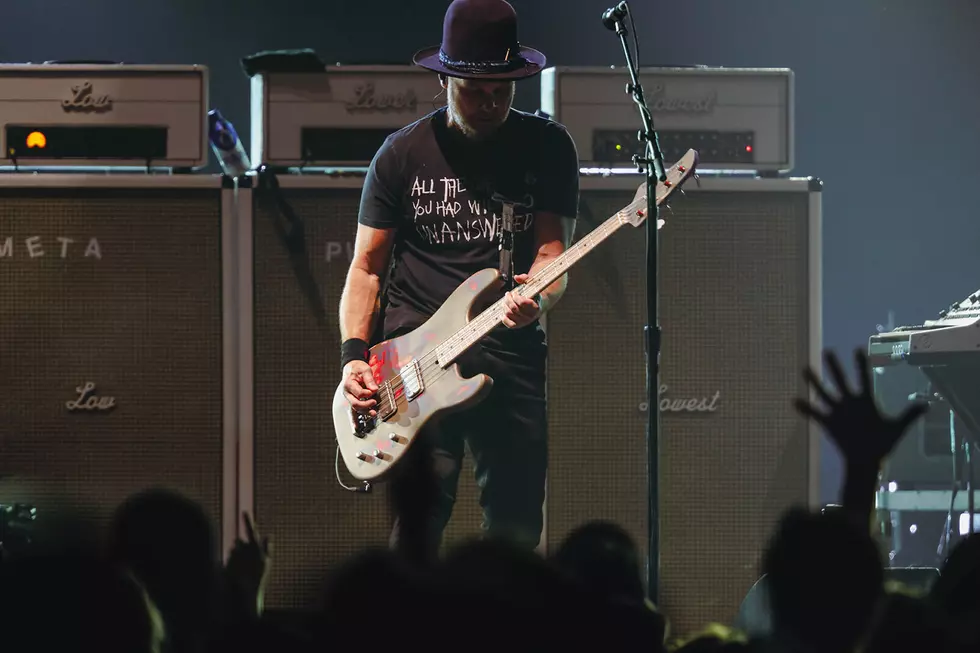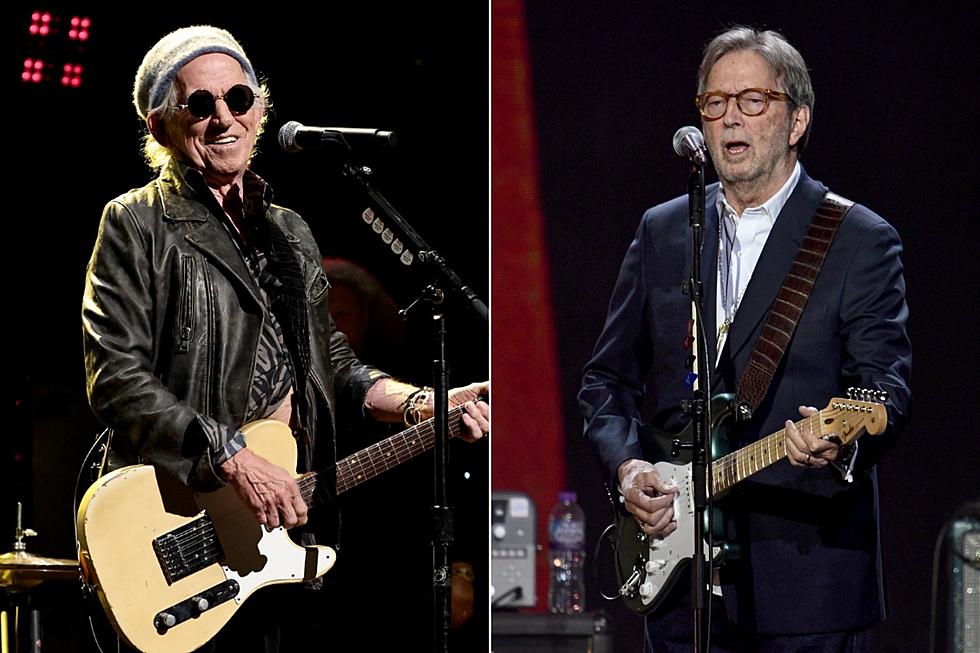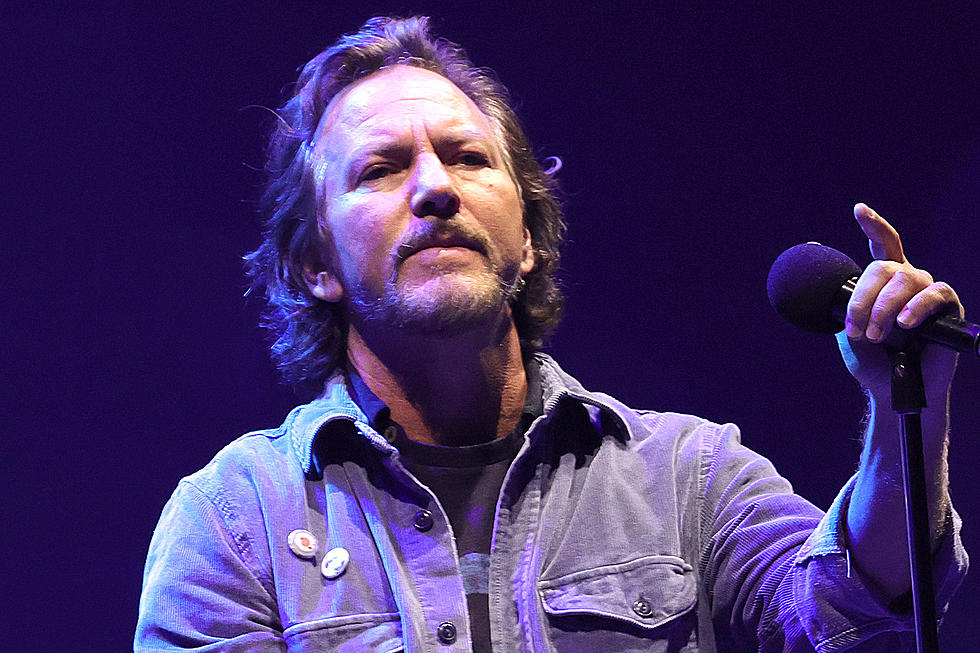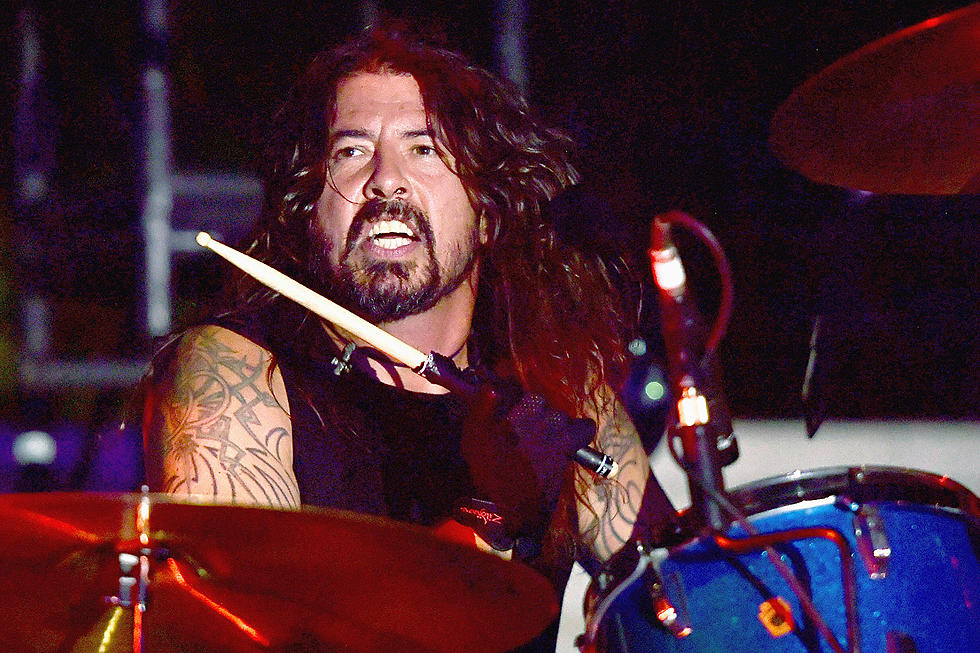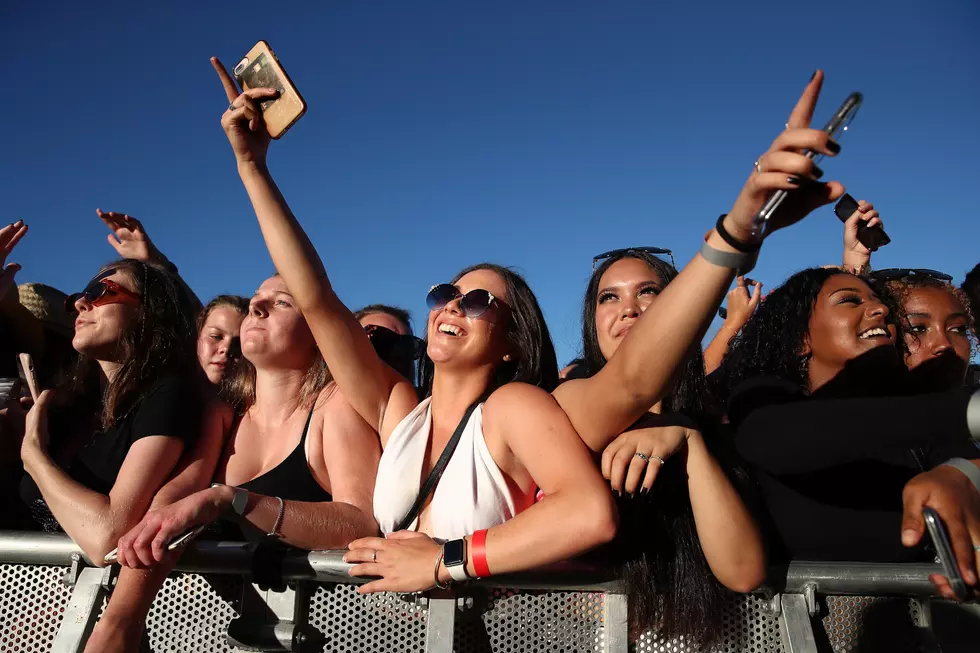
Will There Be Rock Concerts in 2021?
Music fans pining for the return of live performances continue asking the same question: When will it be safe for concerts to return? Like anything related to the COVID-19 pandemic, the answer is complicated.
It’s been roughly a year since the coronavirus brought live music to a halt, with the majority of major tours and festivals shut down by March 2020.
In a conversation with The New York Times, Dr. Anthony Fauci, an infectious disease expert and the chief medical advisor to President Joe Biden, predicted a return to concerts “sometime in the fall of 2021.” His optimism stemmed from increased vaccinations, which will eventually lead to herd immunity. “By the time we get to the early to mid-fall, you can have people feeling safe performing onstage as well as people in the audience.” Others have been even more bullish about the timeline.
"In the key U.S./Western European markets, it continues to be our expectation that by next summer, we're back with our major outdoor shows — our amphitheaters here in the U.S., festivals globally. We'll be able to do those shows," Live Nation President Joe Berchtold estimated in a December 2020 conversation with CNBC's Squawk Alley. The CEO’s outlook reflected optimism for swift progress in 2021, but so far things haven’t gone exactly to plan.
Any estimation of when concerts can return is predicated on the continued efforts to vaccinate the general public. This is where the picture gets muddled, as the COVID vaccine rollout has been fraught with problems throughout the country. As states struggle with supply and delivery plans, the timeline for a return to normalcy changes.
“Just a few weeks ago, I was hopeful we would see a summer season of music,” Jerry Mickelson, CEO of Jam Productions, admitted to the Chicago Tribune. “But at this point in time I have my doubts due to the slow rollout of the vaccine.”
“The challenge is the vaccine rollout has been slow, with more people that need the vaccine than there are vaccines available,” Dr. Danielle Ompad, an associate professor of epidemiology specializing in infectious diseases at NYU's School of Global Public Health, explained to Vice. “It also doesn't seem like enough people are willing and interested in getting the vaccine to achieve anything close to herd immunity.”
After postponing concert and festival dates in 2020, some bands announced tentative plans for 2021. The Who are scheduled to tour the U.K. in March, while Hall & Oates have a U.S. tour set to kick off in April. Now, it appears spring tour plans will need to be rethought.
Indeed, based on the opinions of most experts, the summer seems to be the earliest possible return for concerts. The reasons are twofold: Not only do the preceding months allow time for more of the population to be vaccinated, but the warm summer months offer the ability to host events outside.
Still, even outdoor concerts come with a long list of logistical headaches. Can organizers successfully enforce mask rules? Can fans remain socially distanced at such events? And will the live music experience somehow be tainted by all these new rules?
Sammy Hagar recently expressed doubts about the viability of such reduced capacity concerts, citing the hypothetical example of playing a 10,000-capacity venue where only 5,000 people are allowed in: "I just know that those 5,000 people are not going to stay in their seats and socially distance," he said. "They're going to be at the front of the stage, all unsocially distanced. ...I'm going to get sued or fined or something."
One safety precaution reportedly being considered for both indoor and outdoor venues is a “vaccine passport,” similar to the type being pondered for airline travel. It would likely be something digital that fans could present on their phones, providing proof of COVID vaccination.
“Knowledge is key – we’ll need some form of health passport, no matter how resistant any government or individual is to it,” Mark Davyd, founder of the U.K.’s Music Venue Trust, explained to TimeOut.
Another option being discussed: rapid testing for all attendees prior to entry. Of course, the manpower for such an undertaking could be expensive - it’s one thing to ask a bouncer to wave a metal detector wand or check IDs; it’s another to have them administer an important medical test. Other important new guidelines under consideration for indoor venues include the introduction of improved air-filtration systems and the continued use of pod-type areas, where only a certain number of people can congregate.
Regardless of which rules and regulations become the norm, paperwork will undoubtedly follow. Dr. Julian Tang, a consultant virologist at the U.K.’s Leicester Royal Infirmary predicted that each concertgoer will need to sign a waiver absolving the venue, artist and promoter of any COVID-related risk. He expects it to say something like: “Despite proof of vaccination, and the negative test that you declared, there’s still a low risk of transmission and infection at this concert. If you develop any long-term complications from this, you cannot sue the company or the event, because you’ve taken this risk of your own free will.”
Even as artists await the all-clear to return to touring, some have openly contemplated whether they’ll feel comfortable doing so.
“I’m thinking no sooner than March of [2022] probably,” King Buzzo, frontman of Melvins, responded when asked by Pollstar when his band may tour again. “I had a lot more hope for this vaccine. But now you have to continue wearing the mask, continue social distancing – perhaps you won’t get as sick if you get it. That doesn’t change anything! That doesn’t change a fucking thing. How can you have a live show? If they can’t open a restaurant in Los Angeles, how the fuck are we going to have a show?”
Christine McVie took it a step further, admitting that the long layoff has her doubting whether Fleetwood Mac will ever tour again. “If we do, it would be without John [McVie] and without Stevie [Nicks], I think," she said. "I think I’m getting a bit too old for it now – especially having had a year off. I don’t know if I could get myself back into it again.”
Still, the majority of artists are eagerly anticipating a return to performing once it is safe again to do so. Guns N’ Roses, Green Day and the Stadium Tour - featuring Motley Crue, Def Leppard, Poison and Joan Jet - are among the acts with dates scheduled for the summer. Many festivals, including Austin City Limits, Life Is Beautiful and Aftershock are set to follow in the fall. The success of widespread vaccinations in the coming months will determine whether those events and ones like them will move forward.
In one expert's opinion, the outlook is far less rosy than music fans would like to believe. “Because there are complications that we didn't have last summer, I'm not that hopeful for live concerts to return for at least another year," Dr. Ompad explained. “There's the reduced vaccine supply and lack of distribution infrastructure, but there's also the different strains that are circulating, some of which seem to be more infectious and may make you sicker.”
For any chance at live music in 2021, Dr. Ompad believes everyone needs to get on the same page: “If you want concerts back at all, wait your turn for the vaccine and continue to mask up.”
Top 100 Live Albums
More From Ultimate Classic Rock

